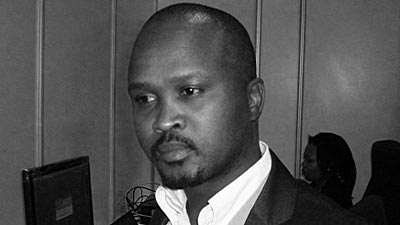President Jacob Zuma’s State of the Nation Address has finally been delivered and there has been mixed feelings from different quarters and political formations as to whether the president has been honest and forthright in his reflection on the state of things in South Africa.
The speech is heavily laden with infrastructure projects as the president outlined projects that are underway and those that would be undertaken. One thing for sure is that, there seems to be awareness on the side of government that the public sector-through direct government expenditure-has to play a pivotal role in driving the quest to create more jobs and gearing South Africa towards a more intensive growth pattern.
President Zuma outlined major infrastructure projects including revitalizing infrastructure within the health sector as a way to lay the basis for the implementation of the National Health Insurance (NHI) programme.
The Unions, and Cosatu in particular, would welcome the idea that the president seems not to have emphasized the role of the private sector in job as he acknowledged economic contraction resulting from the global financial crisis.
The greatest risk that the president’s infrastructure projects would encounter is corruption and lack of dedication within state agencies in implementing plans
n a nutshell, the speech was an outline of massive interventionist programmes to be undertaken by government in fighting unemployment, poverty and inequality. Although the president stated that government could not solely bear the responsibility for job creation, he however indicated that government efforts have to propped up and streamlined across all departments and estate owned entities.
Having recommitted the state to play a proactive role in job creation, questions emerge as to the extent to which government has capacity to rollout those projects. The president hinted the need to fight corruption and also to strengthen provincial administrative capacity to implement government mandate.
The emphasis that the president made on the need to support and capacitate provincial government seem not to acknowledge the depth of maladministration in provinces.
The greatest risk that the president’s infrastructure projects would encounter is corruption and lack of dedication within state agencies in implementing plans. The president should have used the opportunity to amplify and emphasize how maladministration may result in failure to realize value for money on projects that would be undertaken.
– By Ralph Mathekga


